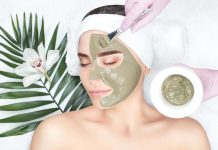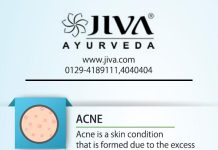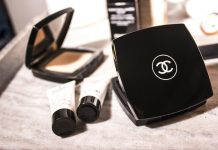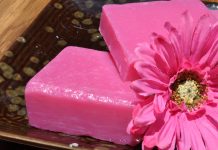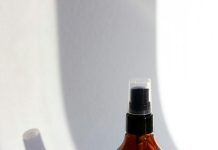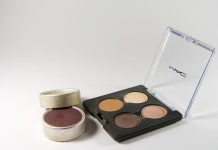In the quiet moments when we catch a glimpse of our reflection, our skin often tells a story—one that can sometimes be marked by dark spots and hyperpigmentation. These uninvited guests on our complexion can be stubborn, refusing to leave despite our best efforts. But what if there was a secret, a hidden key to unlocking a more even and radiant skin tone? Journey with us as we delve into the depths of dermatological wisdom, uncovering the truths and dispelling the myths surrounding the art and science of fading dark spots and hyperpigmentation. Welcome to a world where clarity and confidence are just beneath the surface, waiting to be revealed.
Understanding the Causes of Dark Spots and Hyperpigmentation
Dark spots and hyperpigmentation are often the result of various factors that trigger the overproduction of melanin, the pigment responsible for skin color. Sun exposure is one of the primary culprits; ultraviolet (UV) rays stimulate melanocytes to produce more melanin as a defense mechanism. Hormonal changes, such as those occurring during pregnancy or from the use of birth control pills, can also lead to melasma, a type of hyperpigmentation. Additionally, skin injuries like cuts, acne, or even certain cosmetic procedures can cause post-inflammatory hyperpigmentation (PIH), where the skin overproduces melanin in response to inflammation or damage.
Other contributing factors include:
- Genetics: Some individuals are more prone to hyperpigmentation due to their genetic makeup.
- Medications: Certain drugs, including some antibiotics and chemotherapy treatments, can cause dark spots as a side effect.
- Aging: As we age, our skin’s ability to regenerate decreases, making it more susceptible to dark spots.
- Skin Care Products: Ingredients like fragrances and preservatives in skincare products can sometimes irritate the skin, leading to hyperpigmentation.
Understanding these causes can help you take proactive steps in your skincare routine to prevent and treat dark spots and hyperpigmentation effectively.
Effective Ingredients for Lightening and Brightening
When it comes to achieving a luminous complexion, certain ingredients have proven to be exceptionally powerful. Vitamin C is a top contender, known for its ability to inhibit melanin production and promote collagen synthesis. Another standout is Niacinamide (Vitamin B3), which not only lightens dark spots but also enhances the skin’s barrier function. For a more natural approach, Licorice Extract is revered for its glabridin content, which helps to disperse and remove existing melanin in the skin.
- Vitamin C: Inhibits melanin production and promotes collagen synthesis.
- Niacinamide: Lightens dark spots and enhances the skin’s barrier function.
- Licorice Extract: Contains glabridin, which helps disperse and remove existing melanin.

Daily Skincare Routine for Spot-Free Skin
Achieving spot-free skin requires a consistent and targeted approach. Start your day with a gentle cleanser to remove impurities without stripping your skin’s natural oils. Follow with a vitamin C serum, which brightens the skin and helps fade dark spots over time. Use a lightweight moisturizer to keep your skin hydrated and smooth, ensuring it doesn’t overproduce oil that can lead to further pigmentation issues.
In the evening, double cleanse to remove any makeup and pollutants from the day. Incorporate a retinol serum into your nighttime routine; this powerhouse ingredient accelerates cell turnover, helping to diminish the appearance of dark spots. Finish with a rich, hydrating night cream to lock in moisture and repair your skin overnight. Remember, consistency is key, and with time, you’ll notice a significant improvement in your skin’s tone and texture.

Professional Treatments for Stubborn Pigmentation
When over-the-counter solutions fall short, it’s time to consider professional treatments to tackle persistent pigmentation. Dermatologists offer a range of effective options tailored to individual skin needs. Some popular treatments include:
- Laser Therapy: Utilizes focused light to break down pigment clusters, promoting a more even skin tone.
- Chemical Peels: Exfoliates the skin with a chemical solution, revealing fresher, lighter skin beneath.
- Microdermabrasion: A non-invasive procedure that sands away the outer layer of skin, diminishing dark spots.
- Intense Pulsed Light (IPL): Targets melanin with broad-spectrum light, gradually lightening hyperpigmentation.
Consulting with a dermatologist will help determine the best course of action, ensuring a customized approach to achieve a radiant, spot-free complexion.


